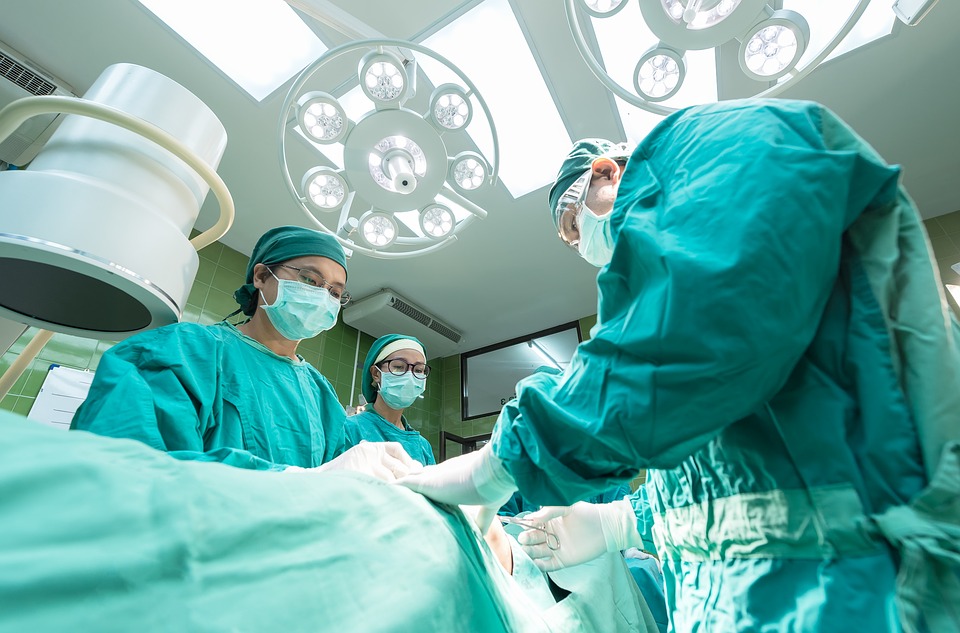Transplanted testicles will always make the donor’s sperm
By Rachel Becker,
The Verge
| 04. 26. 2018
A veteran of the US Armed Forces has a new penis and scrotum after the most extensive penis transplant yet, Johns Hopkins Hospital announced this week. Not included in the transplant? Testicles — because the testicles would continue to make the donor’s sperm in the transplant recipient’s body.
The patient, who asked Johns Hopkins not to reveal his name, suffered a devastating injury to his penis, testicles, part of his lower abdomen, and his legs in Afghanistan when an improvised explosive device blew up, The New York Times reports. A team of 11 surgeonsreplaced the injured flesh of his genitals and lower abdomen with tissue from a deceased donor during a 14-hour surgery at the end of March, and the patient is recovering well, according to a news briefing on Monday. But the transplant didn’t include testicles — something that the Johns Hopkins team decided early on was off the table, says Damon Cooney, a plastic and reconstructive surgery professor at the Johns Hopkins University School of Medicine.
While Cooney couldn’t discuss the particulars of...
Related Articles
By Julia Métraux, Mother Jones | 02.10.2026
Why was Jeffrey Epstein obsessed with genes? In the latest tranche of Epstein records and emails made available by the Department of Justice, themes of genes, genetics, and IQ—alongside more explicit threads of white supremacy—keep cropping up, often adjacent to Epstein’s...
By Teddy Rosenbluth, The New York Times | 02.09.2026
Dr. Mehmet Oz has urged Americans to get vaccinated against measles, one of the strongest endorsements of the vaccine yet from a top health official in the Trump administration, which has repeatedly undermined confidence in vaccine safety.
Dr. Oz, the...
By Ava Kofman, The New Yorker | 02.09.2026
1. The Surrogates
In the delicate jargon of the fertility industry, a woman who carries a child for someone else is said to be going on a “journey.” Kayla Elliott began hers in February, 2024, not long after she posted...
By Alex Polyakov, The Conversation | 02.09.2026
Prospective parents are being marketed genetic tests that claim to predict which IVF embryo will grow into the tallest, smartest or healthiest child.
But these tests cannot deliver what they promise. The benefits are likely minimal, while the risks to...




